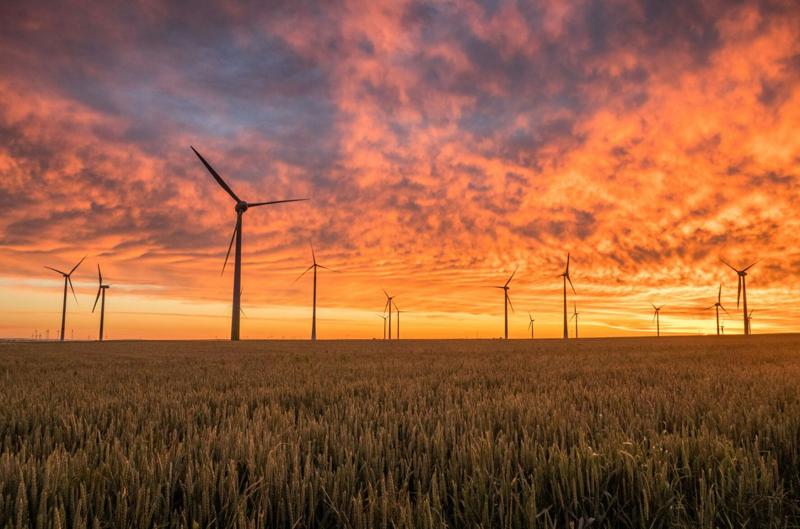The U.S. Supreme Court recently made two opposite decisions on two cases that could potentially have widespread impacts.
Last week, the court decided to take up part of a case related to California’s air pollution standards, which was filed by fuel producers in the state. Just days later, the court dismissed a challenge from a coalition of red states disputing similar regulations.
In the case the court will take up, Diamond Alternative Energy, LLC v. EPA, et. al, it will decide if the fuel producers have standing to challenge the state’s strict vehicle emission rules. A lower court previously ruled that they do not, leading them to appeal to the Supreme Court.
California is the only state in the nation that is allowed to be granted a waiver by the Environmental Protection Agency to set its own emission standards, an exemption the fuel producers are challenging.
It was first granted the waiver decades ago as a part of the Clean Air Act, which “is the comprehensive federal law that regulates air emissions from stationary and mobile sources.” Other states in the nation are allowed to follow either the EPA’s standard or California’s. Currently, eleven states and Washington D.C. follow California’s light-duty zero-emission vehicles rule.
This waiver has allowed the state to set regulations as strict as a ban on the sale of all new gas-powered vehicles in California by 2035. The EPA approved that rule on Wednesday, to very mixed reactions.
Concerns about this restriction’s impact on the car manufacturing industry were prominent, as well as how they could “harm consumers.”
“Contrary to claims on the campaign trail that they would never tell Americans what kinds of cars we have to drive, the Biden-Harris EPA just did exactly that by greenlighting California’s ban on sales of all new gas and traditional hybrid vehicles,” said Chet Thompson, American Fuel and Petrochemical Manufacturers president and CEO. “EPA’s authorization of the California ban and California’s ban itself are unlawful.”
Dan Lashof, a senior fellow at the World Resources Institute, applauded the decision. He also expressed concerns that President-elect Donald Trump will revoke California’s policies, which he previously did in 2019 before President Joe Biden’s administration reinstated them in 2022.
“The EPA’s waiver will allow California and other states to continue reducing harmful pollution from passenger vehicles while supercharging the transition to a clean electric future,” Lashof said in a statement. “Transportation emissions continue to be the largest source of climate pollution in the United States. Any action by the next administration to restrict the power of states to enact stronger vehicle emissions standards will only result in more air pollution, higher health costs and premature deaths.”
In the challenge that was denied by the Supreme Court, a 17-state coalition sued California for creating ZEV standards for trucking fleets that set down even a single tire in California, saying the state’s rule violates the Constitution’s Commerce Clause.
California’s Advanced Clean Fleets regulation would have forced all commercial vehicles traveling in the state to be zero emissions by 2042.
A lower court ruled against the states.







